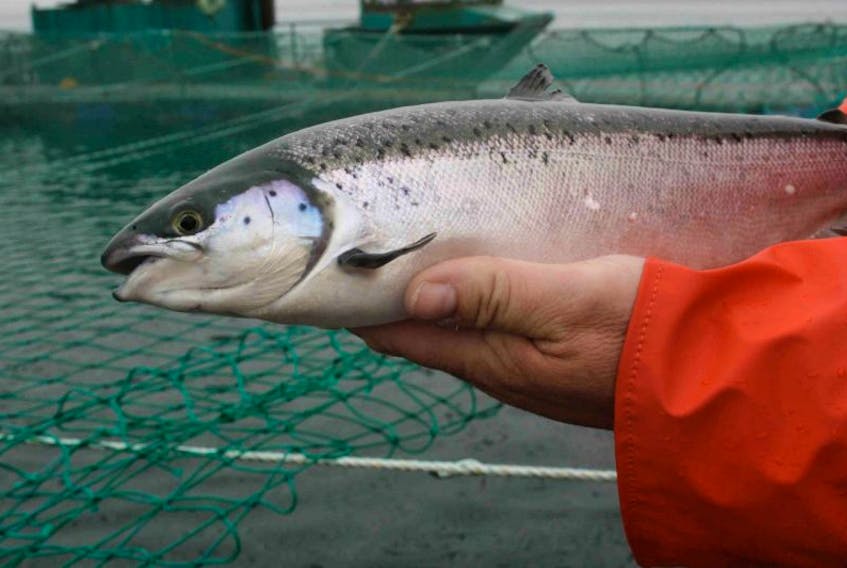In a recent letter, Cyr Couturier, an aquaculture scientist speaking on behalf of the Marine Institute of Memorial University, put forward a solution to reverse the decline of wild Atlantic salmon stocks — one in which the aquaculture industry is expected to play no role.
Couturier placed all blame for declining stocks on climate change and recreational fishing. He suggested that the only solution is to stop anglers from killing any more salmon, while ignoring the irrefutable, scientifically documented impacts from his industry.
There is no doubt changing ocean conditions are having an impact on wild salmon. There is also no doubt anglers have an important role to play in salmon conservation and recovery. But to suggest that the aquaculture industry is blameless, with no role to play in finding solutions, flies in the face of a mountain of evidence.
In a recent review conducted by the International Council for the Exploration of the Seas, 25 leading scientists reviewed over 150 studies about the impacts of net pen aquaculture on wild Atlantic salmon. Their conclusions were clear: salmon aquaculture negatively affects the productivity of nearby wild salmon populations.
In eastern Canada, everywhere we have sea-cages, wild salmon populations are either threatened or endangered. And with one exception (Anticosti Island), everywhere we have threatened or endangered salmon populations we have salmon aquaculture.
On Newfoundland’s south coast, where wild salmon are considered threatened, DFO recently found significant evidence of genetic pollution from aquaculture escapees in 17 rivers. DFO identifies salmon aquaculture as a high-level marine threat to wild salmon populations.
Aquaculture is not the only thing threatening wild salmon, but the harm it causes makes populations less resilient, less able to adapt to environmental change, and less able to recover even when other impacts are reduced.
Couturier seems to suggest we should ignore the impacts of aquaculture because nearby wild populations are doomed anyway. Nothing could be further from the truth. There is no reason to believe we can’t recover many of our threatened and endangered populations, particularly those on the south coast of Newfoundland where rivers remain healthy and productive. But doing so requires addressing all of the threats we can control. The fact that other things impact salmon populations is not a reason to ignore the harm caused by aquaculture. Why should anglers take the blame and make all of the sacrifices when the science around aquaculture impacts is disturbingly clear?
There is one other troubling aspect to Couturier’s letter. While he identifies himself as a scientist with Memorial University, he fails to disclose that he is also President of the Canadian Aquaculture Industry Alliance and a director of the Newfoundland and Labrador Aquaculture Industry Association. Given his unscientific attempt to deflect any responsibility for wild salmon conservation away from the aquaculture industry, one must ask who he is really speaking for, a publicly funded university or the industry lobby?
Steve Sutton
Atlantic Salmon Federation









